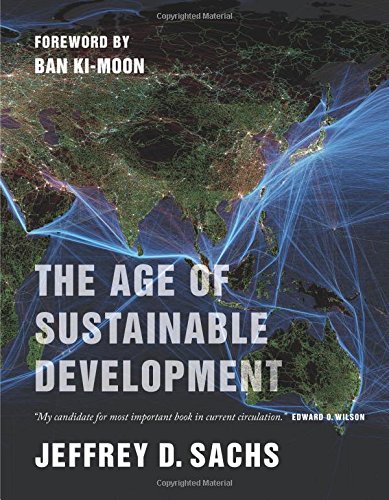
|
|
Product Description
Nearly a third of the world’s population suffers from hunger or malnutrition. Feeding them – and the projected population of 10 billion people by 2050 – has become a high-profile challenge for states, philanthropists, and even the Fortune 500. This has unleashed a steady march of initiatives to double food production within a generation. But will doing so tax the resources of our planet beyond its capacity?
In this sobering essay, scholar-practitioner Eric Holt-Giménez argues that the ecological impact of doubling food production would be socially and environmentally catastrophic and would not feed the poor. We have the technology, resources, and expertise to feed everyone. What is needed is a thorough transformation of the global food regime – one that increases equity while producing food and reversing agriculture’s environmental impacts.​
Customers Who Bought This Item Also Bought
- The Omnivore's Dilemma: A Natural History of Four Meals
- $2.00 a Day: Living on Almost Nothing in America
- Jesus Christ and the Life of the Mind
- Food and Faith: A Theology of Eating
- Eating Tomorrow: Agribusiness, Family Farmers, and the Battle for the Future of Food
- The Supper of the Lamb: A Culinary Reflection (Modern Library Food)
- Courage and Calling: Embracing Your God-Given Potential
- Exclusion and Embrace, Revised and Updated: A Theological Exploration of Identity, Otherness, and Reconciliation
- Who Really Feeds the World?: The Failures of Agribusiness and the Promise of Agroecology
- A Foodie's Guide to Capitalism
*If this is not the "Can We Feed the World Without Destroying It? (Global Futures)" product you were looking for, you can check the other results by clicking this link







